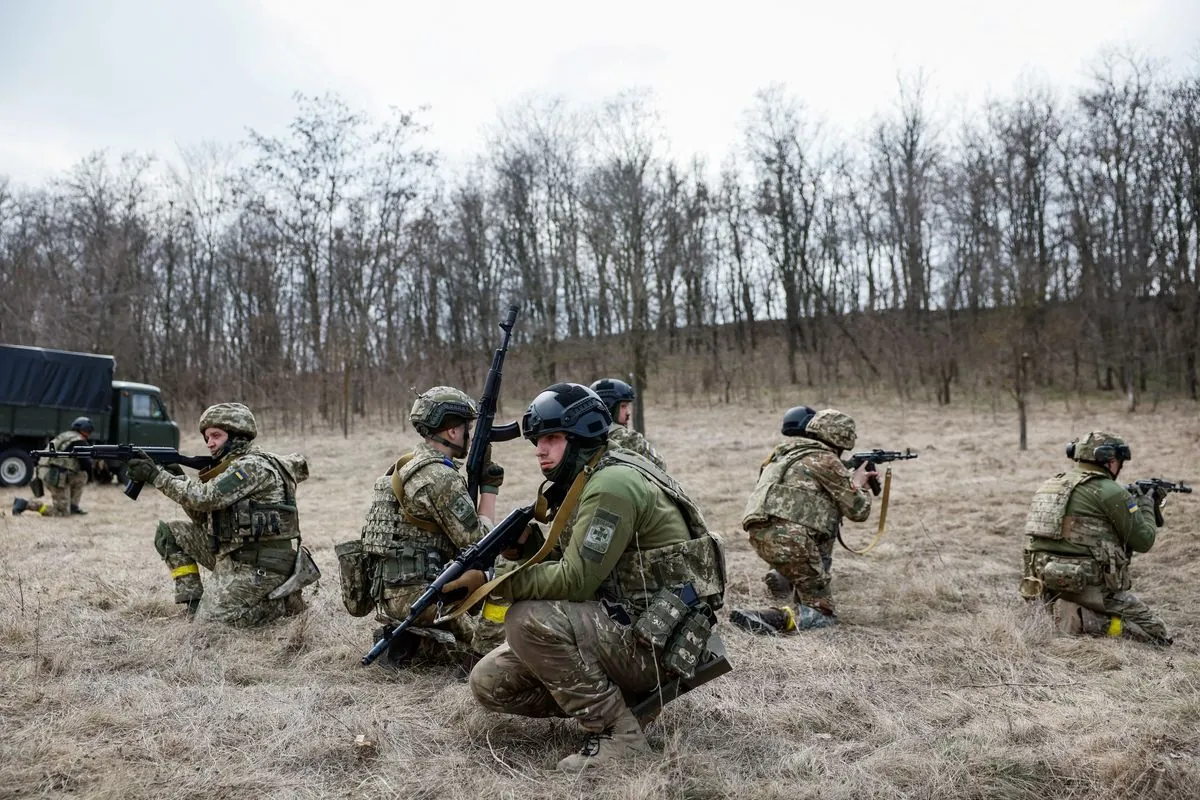As summer winds down in 2024, global tensions continue to simmer despite the usual August lull in Washington. The most surprising development is Ukraine's unexpected offensive into Russia's Kursk region, catching many off guard and reigniting discussions about the conflict's trajectory.
This bold move by Ukrainian forces has seized hundreds of square miles of territory, evoking historical echoes of the massive World War II tank battle that once raged in the same area. However, experts remain divided on its long-term significance.
Some view the offensive as a game-changer, bringing the war directly to Russian soil and potentially undermining Vladimir Putin's leadership. Others caution against premature conclusions, noting Ukraine's ongoing challenges in manpower and resources.
The offensive's outcomes remain uncertain, with possibilities ranging from a complete Ukrainian withdrawal to a sustained occupation of Russian territory. The latter scenario could provide Kyiv with a valuable bargaining chip in future negotiations.
"It's too soon to really tell what this offensive will achieve. For now, I think we can conclusively say that Ukraine has retaken the narrative initiative."
Attention then shifts to the Middle East, where tensions between Iran and Israel remain high. The presence of two U.S. aircraft carriers in the region underscores the volatile situation. Experts debate whether escalation or de-escalation is the best approach, with some advocating for stronger action against Iran and its proxies, while others warn of potential catastrophic consequences.
The discussion briefly touches on Venezuela, highlighting the challenges of removing entrenched authoritarian leaders like Nicolás Maduro. Sanctions and incentives have thus far failed to bring about significant change.
The conversation concludes on a lighter note with the Olympics, showcasing sports as a peaceful alternative to conflict. From traditional events like fencing and archery to the controversial inclusion of breakdancing, the Games continue to evolve, reflecting changing cultural trends.
As global tensions persist, the international community grapples with complex challenges, seeking solutions that balance security concerns with the desire for peace and stability.
